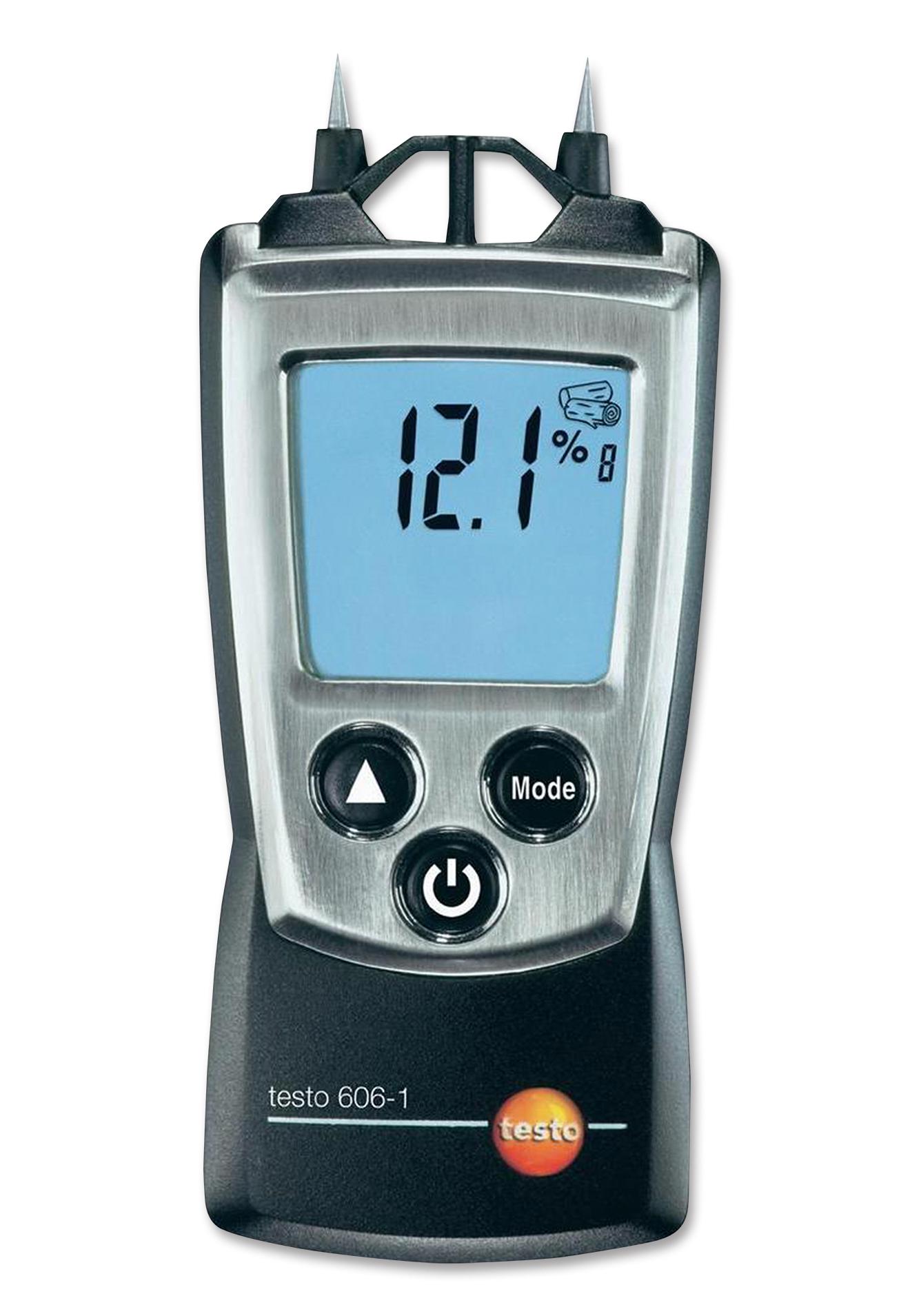Comprehending the Different Sorts Of Moisture Meters and Their Applications
Comprehending the Different Sorts Of Moisture Meters and Their Applications
Blog Article
The Ultimate Overview to Wetness Meters: A Comprehensive Overview and Just How They Can Conserve You Cash
Wetness meters offer as essential devices in discovering and keeping track of moisture material in materials, helping in protecting against costly damages and making certain the quality of products. Recognizing the subtleties of different types of wetness meters, their applications, and the possible cost-saving advantages they offer can be a game-changer for services and specialists alike.
Kinds Of Dampness Meters
Numerous kinds of moisture meters are available for different applications in different markets. One typical kind is the pin-type dampness meter, which gauges the electrical resistance between two pins inserted right into a material. This type appropriates for wood, drywall, and other building products. Pinless wetness meters, on the various other hand, usage electro-magnetic sensing unit plates to scan a bigger location without causing damage to the material's surface area. Moisture Meter. These meters are optimal for quickly analyzing dampness degrees in big locations such as wall surfaces and floors.

Moreover, there are likewise specialty dampness meters developed for specific products like hay, grain, or soil. These meters offer exact wetness readings customized to the distinct homes of the material being checked. Infrared wetness meters measure the thermal homes of a product to identify its dampness material non-invasively, making them beneficial for applications where pin or pinless meters may not appropriate. Comprehending the different sorts of dampness meters offered can help sectors choose one of the most suitable device for their specific wetness dimension requirements.

Advantages of Making Use Of Dampness Meters
Dampness meters use very useful benefits in precisely keeping an eye on and examining moisture levels in varied products and atmospheres. One of the main benefits of making use of dampness meters is the prevention of potential damages created by excess wetness.
Additionally, using dampness meters can cause boosted energy efficiency. By recognizing locations with high moisture degrees, such as leaks or bad insulation, modifications can be made to boost power conservation and reduce energy costs. In farming setups, wetness meters play an essential duty in enhancing crop returns by enabling farmers to check dirt dampness degrees and make notified irrigation decisions. In general, the advantages of utilizing moisture meters extend across numerous industries, giving cost-efficient remedies and advertising far better quality assurance practices.
Just How to Choose the Right Wetness Meter
When choosing a dampness meter, it's important to guarantee that the meter is suitable for the particular product you will be testing. Various products have varying electric homes that can affect moisture analyses, so choosing a meter developed for your material is straight from the source critical for precise outcomes. By meticulously evaluating these factors, you can pick my latest blog post a dampness meter that fulfills your demands and gives precise moisture measurements for your jobs.
Proper Strategies for Moisture Meter Use

Price Savings Through Wetness Meter Applications
How can the strategic application of wetness meters lead to substantial expense financial savings throughout different industries? In the agriculture sector, moisture meters help in establishing the ideal time check my reference for collecting crops, protecting against over-drying or excess wetness that can affect the last item's high quality.
Likewise, in construction, moisture meters assist protect against expensive problems by finding dampness degrees in structure products, such as wood or concrete, which can lead to architectural concerns if not resolved immediately. By identifying issue locations early, service providers can take rehabilitative steps to stay clear of comprehensive repairs or replacements, ultimately conserving money and time.
Moreover, in the food handling market, moisture meters are necessary for keeping an eye on item quality and making sure compliance with security laws. By properly measuring wetness content in foodstuff, producers can avoid putridity, preserve quality, and decrease waste, resulting in substantial expense savings. On the whole, the critical application of wetness meters is a valuable investment that can cause substantial cost reductions and enhanced effectiveness throughout numerous sectors.
Verdict
In verdict, dampness meters are valuable tools for detecting and measuring wetness levels in various products. By utilizing the best wetness meter and complying with appropriate strategies, customers can successfully prevent costly damages caused by excess dampness.
Dampness meters serve as vital devices in spotting and monitoring moisture web content in products, helping in avoiding expensive problems and guaranteeing the high quality of products. Infrared dampness meters measure the thermal homes of a material to establish its moisture material non-invasively, making them valuable for applications where pin or pinless meters might not be ideal.Dampness meters use important advantages in accurately analyzing and keeping track of wetness levels in varied materials and environments. In agricultural setups, wetness meters play a crucial duty in maximizing plant returns by allowing farmers to check soil wetness levels and make notified watering decisions.In final thought, moisture meters are useful devices for spotting and gauging wetness degrees in various products.
Report this page